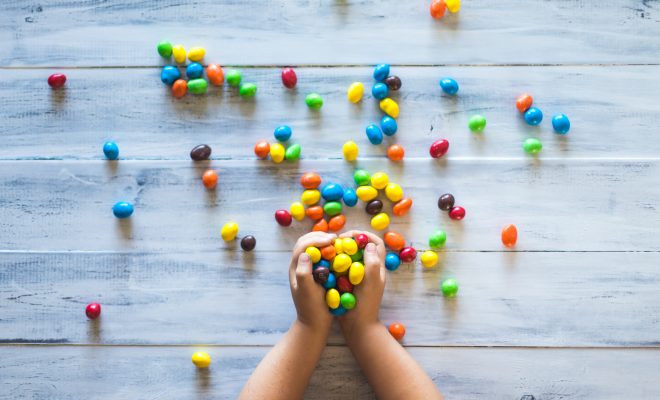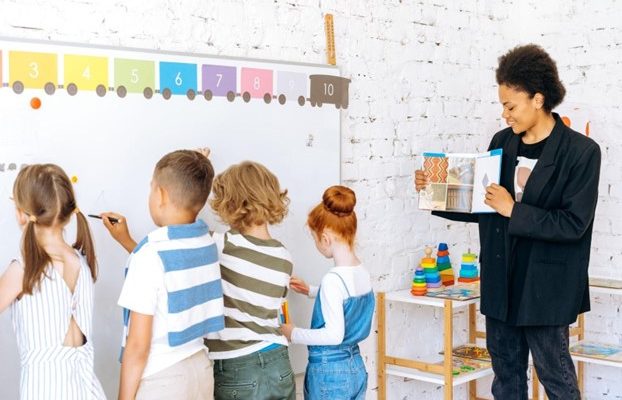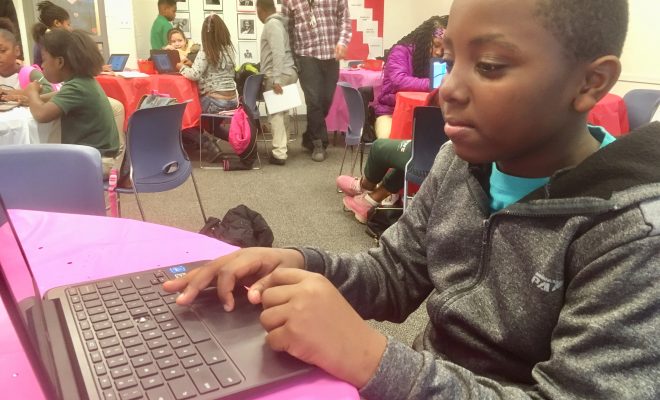How to Develop Your Child’s Memory

Children are continually developing in a lot of ways, every day. However, as every parent knows, many young kids have trouble focusing their minds on memory tasks. If your children often forget their bookbags, homework or other daily routines, all is not lost. Children’s minds continue to grow as they age and certain techniques can improve their brains and memories. While some people believe that memory is basically developed by preschool age, some studies suggest continued memory development past age 7.
Regardless of when you believe children have complete memory use, you can help the quality of those brain functions with a few simple tasks.
Lay the Foundation for memory
For your child’s mind to reach its potential, you need to fuel it for optimal brain enhancement. Luckily, there are a few key foods which have been proven to aid memory in kids. Making some dietary tweaks can lead to improved memory development in growing minds.
Try incorporating eggs into your child’s diet for breakfast burritos, quiche, and snacks. Instead of Go-gurt, try a full-fat Greek yogurt for healthy protein and fats. You can add roasted or raw nuts to any meal or serve as a brain-boosting snack. Leafy greens are notoriously good for memory development and easily hidden in baked lasagnas, pasta or smoothies. Try spinach and kale for the best results. Incorporate organic apples and plums into your child’s routine, with the skin on. These special fruits can really boost mental acuity. Lastly, introduce your children to a variety of fish. The often difficult food can improve brain development by leaps and bounds.
Of course, nutrition isn’t the only avenue to improved memory development in children. There are a few games and activities you can start as early as infancy to help this process.
Infant activities
Memory development starts even before birth. So, start helping your baby create connections early on. Avoid baby talk as it has been shown to have a negative effect on development. Children need a clear understanding of communication to aid in memory retention. Speaking clearly and using appropriate words will help your infant reach speech milestones sooner.
Additionally, reading to your baby will help them develop working memory. Follow your finger along the words, as you go and make reading a fun routine. You can also sing with your child and listen to music. Music is a known stimulator of brain development.
Toddler Activities
For toddlers, build on reading or song time by asking them to visualize what they hear or read. Then, ask them to draw the imagined scene or describe it to you. This fun game helps develop working memory and is appropriate for toddlers and up.
Explain things or give directions in small steps. Long, complicated directions will only frustrate your toddler. Also, consider using visual organizers, calendars, and planners for your child’s daily routine.
Elementary Activities
Once your child is a little older, there is a myriad of other ideas you can try out to boost memory development. Playing cards is a fun memory tool, as are memory games. You can even create your own games by playing I-spy after your children close their eyes, or reciting license plates as you drive.
Reading continues to help the development of older children. As your child ages, encourage active reading to help them retain information. Have them highlight, write in the margins or take notes on books they enjoy. You can also introduce mnemonic devices to help them remember specific tasks. Mnemonics have been shown to help improve long-term memory, even in adults.
Keep in mind that your child’s memory is changing and improving as they grow. Don’t expect any singular action to be a quick fix forever. Rather, undertaking a routine of memory enhancing activities and foods can be the answer to better memory for your child’s life.
What memory games have you tried with your kids? Do your children eat enough brain enhancing food? We’d love to hear your experiences and opinions.






